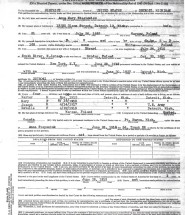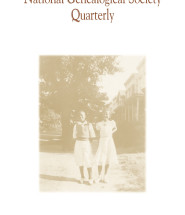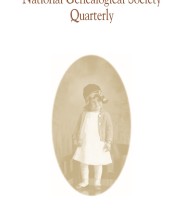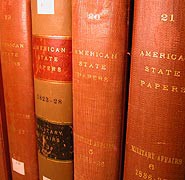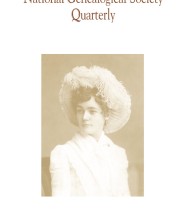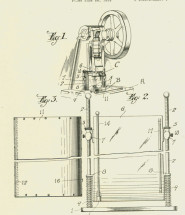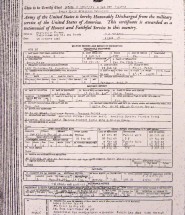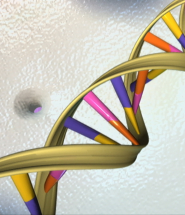Author Archive
15 Feb 2016
A Primer on United States Naturalization Records
By Melissa Johnson On 15 February 2016 In Uncategorized
Naturalization records can be difficult for genealogists to navigate. Researchers are often left wondering if they’ve searched for the right records in the right places, given the various types of naturalization records and courts that generated them.
15 Feb 2016
Resolving A Question of Identity in NGSQ
By Melissa Johnson On 15 February 2016 In Uncategorized
Successful research involves identifying a specific person of interest and developing a focused research question about that person. Genealogical research questions are usually centered on problems of identity, relationship, or circumstance. Most of the case studies published
25 Jan 2016
The Genealogical Proof Standard In Practice
By Melissa Johnson On 25 January 2016 In Uncategorized
In the field of genealogy, the conclusion to a research question is considered proven when it meets the Genealogical Proof Standard (GPS). The GPS consists of five interdependent elements, each of which plays a role in ensuring
25 Jan 2016
The American State Papers and United States Congressional Serial Set
By Melissa Johnson On 25 January 2016 In Uncategorized
The American State Papers (ASP) and the United States Congressional Serial Set (Serial Set) are multi-volume government publications containing reports and documents that record the activities of the United States Congress. An often-overlooked resource, the ASP and
14 Dec 2015
Navigating the National Archives
By Melissa Johnson On 14 December 2015 In Uncategorized
The National Archives and Records Administration (NARA) is the agency responsible for maintaining and providing access to historic records created by the federal government. To successfully plan and execute research at NARA facilities, genealogists need a basic
14 Dec 2015
Considering the Law
By Melissa Johnson On 14 December 2015 In Uncategorized
As family historians, we use various types of historical records to link generations of our families together. In doing so, we often forget that these records were not created for genealogists. Many were created as a result
7 Nov 2015
A Lesson in Reasonably Exhaustive Research
By Melissa Johnson On 7 November 2015 In Uncategorized
Genealogists who reconstruct their family histories must meet the Genealogical Proof Standard (GPS) to ensure that their conclusions are sound. The first element of the GPS is “reasonably exhaustive research—emphasizing original records providing participants’ information—for all evidence
7 Nov 2015
U.S. Patent Records as a Genealogical Resource
By Melissa Johnson On 7 November 2015 In Uncategorized
In 1790, the United States Congress passed a bill establishing the Patent Board, an entity responsible for conferring rights to inventors for their inventions, a process known as “issuing patents.” Prior to this time, colonies and states
26 Oct 2015
Working Around the National Personnel Records Center Fire of 1973
By Melissa Johnson On 26 October 2015 In Uncategorized
Millions of personnel records for members of the U.S. armed forces who served during the twentieth century were destroyed as a result of the 1973 fire at the National Personnel Records Center (NPRC) in Overland, Missouri. These
7 Oct 2015
Using Autosomal DNA To Help Establish Proof
By Melissa Johnson On 7 October 2015 In Uncategorized
DNA testing has become increasingly popular in the genealogical community over the past few years, and test results are now often used to help establish proof of relationships. In his case study, “Too Few Sources to Solve a
